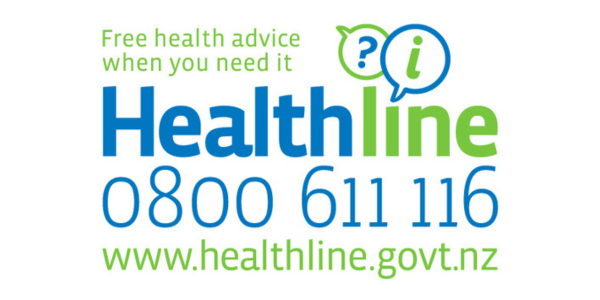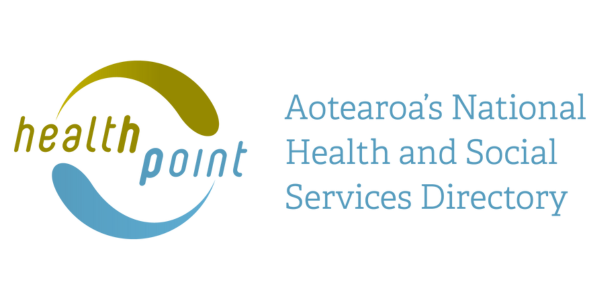Are you an NZ-based healthcare provider? Did you know we have a whole section on Healthify just for you, to assist in improving healthcare planning, delivery and outcomes?
Kidney function blood test – basic information
Also called renal function tests
Key points about kidney function blood tests – basic information
- A kidney function blood test measures the levels of several substances in your blood, including minerals, electrolytes, proteins, waste products and glucose (sugar).
- This can give an indication of the condition of your kidneys.
- This page is a short summary about kidney function blood test.
- For more detailed information, see kidney function blood test – in-depth information.
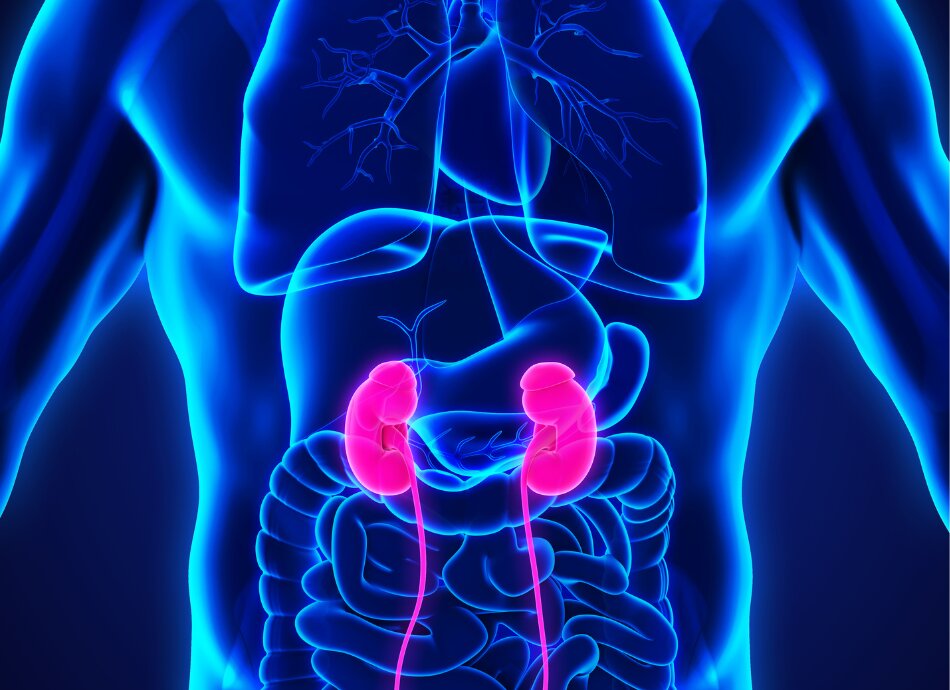
A kidney function blood test can provide information about how well your kidneys are working or if they are under stress. The test measures the levels of a number of substances in your blood including minerals, electrolytes, proteins, waster products and glucose.
What is the function of your kidneys?
Your kidneys play an important role in eliminating wastes and helping to regulate the amount of water and electrolytes released in your pee (urine).
- This allows your kidneys to maintain normal chemical balance in the body.
- Among the important substances the kidneys help to regulate are sodium, potassium, chloride, bicarbonate, calcium, phosphorus and magnesium.
- The right balance of these substances is critical.
- When your kidneys are not working properly, the concentrations of these substances in the blood may be abnormal and waste products and fluid may build up to dangerous levels in the blood, creating a life-threatening situation.
A kidney function panel (set of kidney function tests) may be used to asses your kidney function, to help diagnose kidney-related disorders, to screen those who may be at risk of developing kidney disease or to monitor someone who has been diagnosed with kidney disease.
Numerous conditions and diseases can result in damage to the kidneys. The most common causes of, and main risk factors for, kidney disease are diabetes and hypertension.
| Causes of kidney damage or inflammation | |
|
|
Your healthcare provider may order a kidney function panel if you have signs and symptoms of kidney disease, though early kidney disease often does not cause any noticeable symptoms. It may be initially detected through routine blood or urine testing. Examples of some signs and symptoms include:
- Swelling or puffiness, especially around the eyes or in the face, wrists, stomach, thighs or ankles.
- Pee (urine) that is foamy, bloody or coffee-coloured.
- A decrease in the amount of pee you produce.
- Problems passing pee, such as a burning feeling or abnormal discharge during urination, or a change in the frequency of urination – especially at night.
- Mid-back pain, below the ribs, near where the kidneys are located.
A kidney function panel may also be ordered at regular intervals when someone is being treated for kidney disease for monitoring purposes. Read more about kidney disease.
Interpreting kidney function blood test results is complicated and is best done in consultation with your healthcare team. They will know what is normal for you and how these results relate to your other signs and symptoms. The results on their own are not diagnostic.
The following is further reading that gives you more information on kidney function tests. Be aware that websites from other countries may contain information that differs from New Zealand recommendations.
Blood test safety information(external link) Labtests NZ
Routine kidney function blood test(external link) Patient Info, UK
Apps
Diabetes apps
Heart failure apps
Blood pressure apps
Kidney disease apps
Resources
Understanding your kidney function results(external link) HealthInfo, NZ, 2019
Take care of your kidneys and they will take care of you - Chronic kidney disease(external link) Centers for Disease Control and Prevention
Brochures
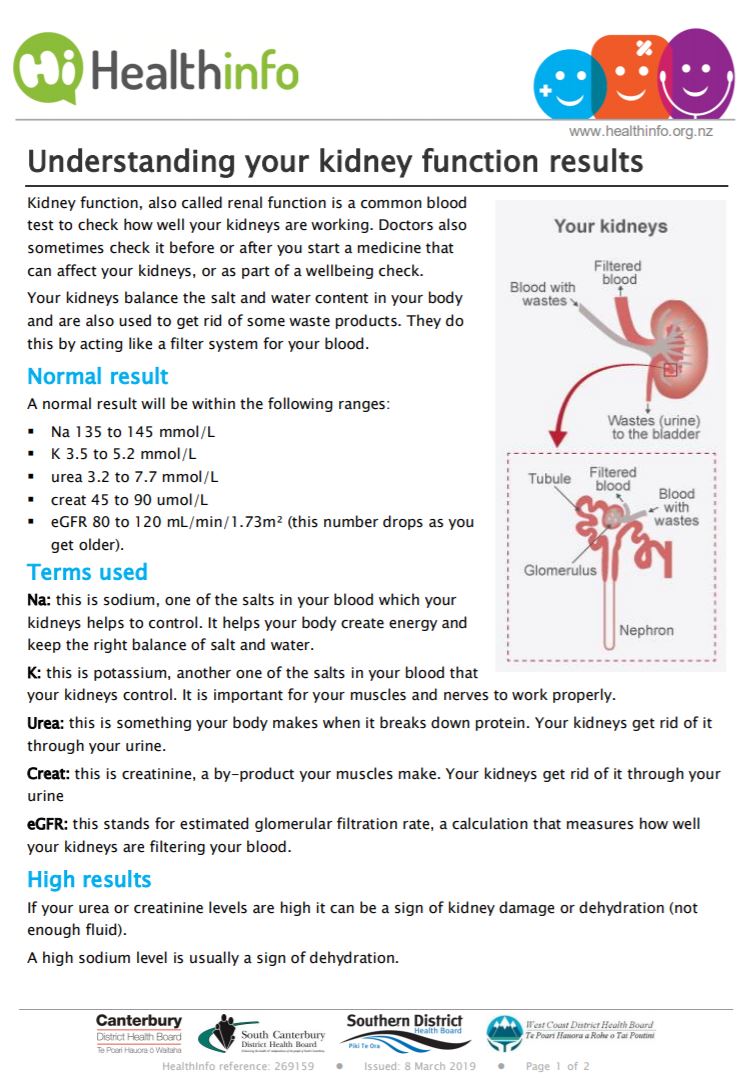
HealthInfo, NZ, 2019
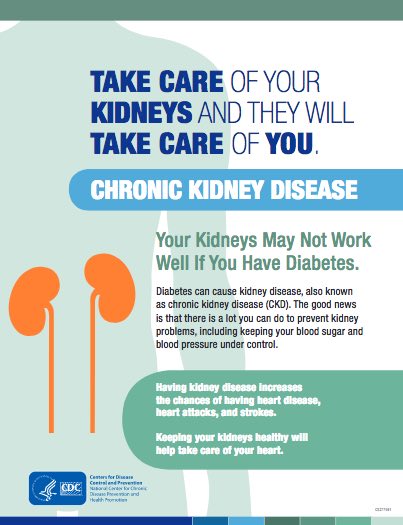
Centers for Disease Control and Prevention
Credits: Healthify editorial team. Healthify is brought to you by Health Navigator Charitable Trust.
Reviewed by: Dr Jeremy Steinberg, FRNZCGP
Last reviewed:
Page last updated:


